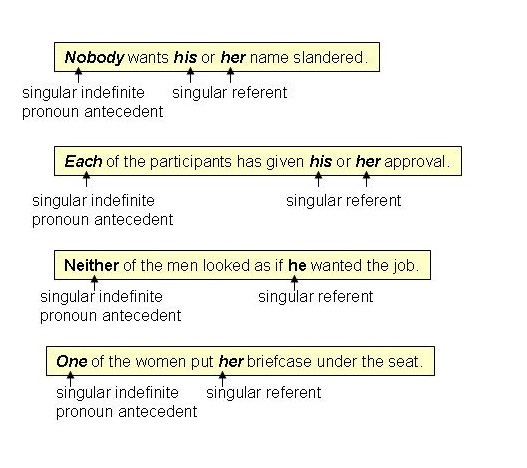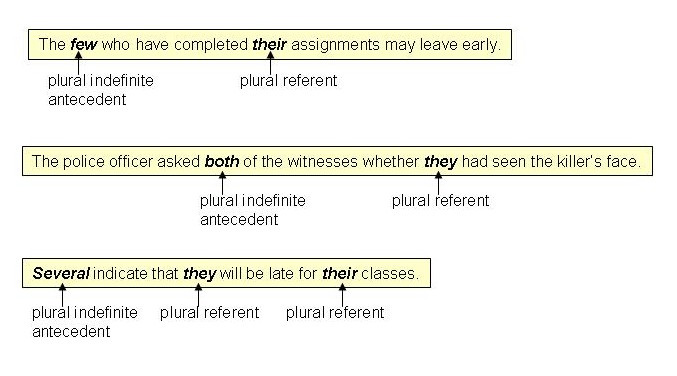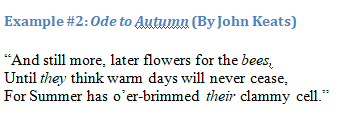Antecedents Definition & Example Sentences
Explanation
An antecedent is an event, circumstance, clause, phrase, or term that occurred before the current occurrence.
Ancestry originates from the Latin term antecedent, which means "anything prior," and is derived from the preposition ante ("before") and the verb cedere ("to go").

- To be more precise, the term antecedent might refer to:
- In behavioral psychology, the antecedent is the stimulus that happens before a learned action is performed.
- When it comes to genealogy, the term "antecedent" means "predecessor," and it refers to the person who came before a descendant.
- When it comes to grammar, the antecedent is the noun phrase that came before the pro-form.
- In criminal law, the past of a person is referred to as the antecedent (law).
- The antecedent (logic) of a hypothetical assertion is the first part of the sentence.
- Antecedent moisture is a hydrologic term that describes the relative wetness status of a watershed.
- A musical expression (music) may be either an antecedent or a consequent phrase.
Antecedent Literary Definition
Antecedents are linguistic devices in which a pronoun, noun, or other word refers to a previous noun or phrase. An antecedent (AN-tuh-SEE-dent) is a word that comes before another word.
An antecedent is a phrase that provides the meaning of a proform in grammatical terms. A proform derives its meaning from its antecedent; for example, "Bob came late because traffic was causing him to be delayed." Bob is the antecedent of the pronoun him since the pronoun "him" refers to and derives its meaning from Bob.
The pronoun her, for example, refers to Sally in the phrase "Sally walked her dog." As a result, Sally is considered to be the antecedent.
Using an antecedent, a writer might link back to a previous phrase or term using a pronoun or a noun. In grammatical and linguistic terms, it refers to a component of speech that is completely common and is used in both literary and ordinary speech. It is a contraction of the words An antefix is a prefix that refers to anything that occurs before or before something else.
Illustration
Singular predicates are replaced by singular pronouns, while plural predicates are replaced by plural pronouns. One major exception is when the antecedent's gender is ambiguous. Gender-neutral antecedent children are used since the information presented doesn't define the child's gender from the phrase "The kid put on their coat." An antecedent's gender identification will influence the pronoun used in its place.


Example Sentences

"their" is Shakespeare's way of using pronouns of ambiguous reference to refer to a single person, "a man." There is only one "everyone" in the noun's singular form, and the two numbers match. Everyone knows his name, thus the speaker refers to them as "their" to emphasize that he hasn't spoken to anybody.

Bees are employed as an antecedent in the sentences above, and the pronouns "they" and "their" link back to this noun from previously. The antecedent and its pronouns are italicized, as may be seen. If we eliminate the pronouns, these sentences will have a completely different and confusing impact and the meaning will alter.
In this poetry, the speaker uses the word "foe" as an antecedent and then substitutes it with the pronoun "it" in the next line. A similar substitution of "it" for the antecedent "wrath" may be seen elsewhere in the sentence.
Antecedent in Sentences
- 'book' is the antecedent of 'it' in: 'He selected a book from the shelf and gave it to Sally.
- 'ball' is the antecedent of 'it' in He grabbed the ball and flung it in the air.



